As artists working in the modern pop-culture industry of movies, games and publishing, we are, by our very nature, storytellers. Whether we are aware of it or not we are all deeply influenced by one of the most important personalities in the fantasy/sci-fi genres, Joseph Campbell (1904-1987)
When we talk about storytelling there are the greats, Homer, Chaucer, Dante, Shakespeare, Scott, Dickens and Steinbeck. There are many more of course, and I highly recommend anyone who wishes to go into the entertainment industry take an Introduction to Literature course at any local college or online. This will help you not only as an artist but as a person. As the saying goes there are only seven stories ever told, simply retold over time, but if you read Joseph Campbell you begin to realize that there is only one story that has ever been told, the Monomyth or The Hero Quest. Beowulf, Odysseus, Jason, Jesus, Bhudda, King Arthur, Hamlet, Frodo Baggins and Luke Skywalker are all archetypes of the hero quest, outlined in Campbell’s 1949 seminal work, “The Hero with a Thousand Faces”. Campbell’s “Hero” is the primer to all storytelling in all cultures from all time.
The brilliance and bravery of Campbell is his context. Written during the apex of post-war mid-century Modernism, Campbell was surrounded in academia by International Style contemporaries who espoused the virtues of ridding the art world of all mythic history as superstition and cultism. A new Modern aesthetic was being developed that had no affiliation with culture or religion, to create music with no melodies, literature with no plot and films with no heroes. A noble idea which gave us fantastic anti-hero stories like The GodFather, Planet of the Apes, I Am Legend, Taxi Driver, Death of a Salesman, among many others.
Campbell however insisted that it was impossible to completely divest ourselves of the past, that we were all inexorably bound by every story ever told as part of our human collective consciousness. For Campbell he found the importance of embracing our unique traditions and finding what they all had in common. As such Campbell becomes one of the founding fathers of Post-Modernism, influencing early storytellers like George Lucas who sought out his advice and council like a Jedi Master.
Over the past thirty years fantasy art and Campbell have become so completely intertwined it is difficult to separate the two. Some of the best and most well known examples are of course Star Wars, where the stages of the Campbell Hero’s Journey are ticked off like bullet points. Hero comes out of the wild, taught by a wise mentor, adventure into the unknown, fights the monster, learns a great truth and then returns home with the new knowledge. Other examples are the films of the Coen Brothers and Quintin Tarrantino. In many of these we have heroes who follow the Campbell hero quest to its inevitable conclusion, and even are aware of their role in the Monomyth as the hero, or the villain and are dictated by fate to play out these roles. (”I’m trying real hard to be the Shepherd.”) The Post Modern Meta concept of the character who is self aware that he is a character in a story, required to fulfill a certain narrative role in the Monomyth story arch, and struggling to come to terms with this reality, can be traced to Campbell. Many of today’s best creators site Campbell as an influence.
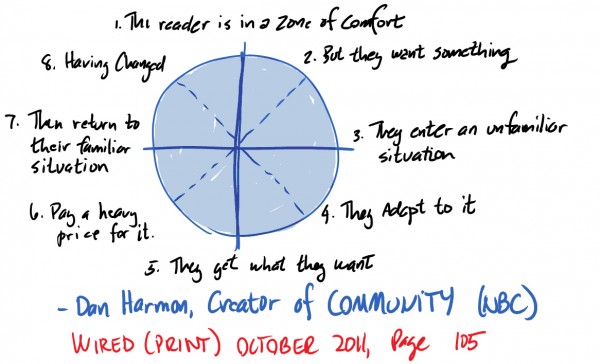 |
| Dan Harmon’s “Story Circle” |
Today we live in a vast multicultural panoply of stories, myths and legends, available to us from all over the world, bind together as artists to tell universal stories that are as significant in New York as they are in HongKong. All the stories, of all the cultures of the world are one story, and all the art is related, speaking not to a European, Asian or American sensibility but to universal truths. I find that prospect as an artist infinitely exciting and I have Joseph Campbell to thank.
The hero’s journey always begins in the most mundane of circumstances. Ordinary characters of seemingly little importance are the protagonists of the adventure. Bilbo Baggins, Arthur Pendragon, Perseus, Harry.Potter, Luke Skywalker, et,al. are unremarkable characters living in provincial settings with little belief or understanding of a wider world. One reason for this starting place is to create an unspoiled hero, one who understands the intrinsic nature of goodness uncorrupted by society, and the idealistic naïveté of childhood.
The hero is called to adventure usually by a wise mentor figure. Harry Potter has Dumbledore, Luke Skywalker has ObiWan, Arthur has Merlin, Bilbo has Gandalf, and Neo has Morpheus. The mentor introduces the hero to the concept of a bigger, wider, magical world beyond theirs, and traditionally gifts the hero with a talisman or weapon. Luke gets a light saber, Harry gets a wand, Arthur gets a sword, Dorothy gets ruby slippers, Perseus gets a shield, etc. This tradition reflects the student phase of our lives, where parents and teachers gift us with their knowledge and often a family heirloom.
Leaving the ordinary world and entering the Other World, be it Oz, Never Never Land, Narnia, The Wizard World, Hell, Fairy Land, The Matrix, etc. the hero must undergo a transformation, face challenges and peril in order to adapt to her new reality. This journeyman stage of life is probably the most exciting. We venture out into the world full of adolescent bravado.
The apex of the hero’s journey is the final ordeal. The hero must face his deepest, darkest fear and ultimate foe. Although victorious in the ordeal with the enemy, the hero must make a terrible sacrifice in order to gain a great wisdom. Luke loses his hand and Han in order to learn the truth of his father and the force from his ordeal with Darth Vader, Arthur looses Camelot, Guiunevere, the round table, and his life in order to gain the understanding and eternal life of the Grail from his ordeal with Mordred, Harry looses his friends, his own life, family and Hogwarts to find the strength within himself in his ordeal with Voldemort. Every person faces an ordeal, everyone has a dragon. Whether it’s a death, illness, a divorce, an addiction or a career setback, we all must face adversity, but it’s how we handle these challenges and overcome them that define our character and teach us.
When the ordeals are over, after the hero has shed his old life to be resurrected in his new guise of the hero she will leave the magical world and return to the ordinary world. The importance of this is to see the transformation of the hero and to realize that the great truths that were learned through so many trials and ordeals are always the same…the truths you are looking for, the meaning of life, is all to be found in the simple pleasures of home and family where you started, but it required the hero’s journey to learn this great truth.
The heroes journey is of course our journey, the journey of life. We all have adventures as young people, we all face demons and setbacks, we all learn great truths through those experiences, and in the end, we all end up back where we started, hopefully wiser and more understanding of what’s important.
The importance of legends and myths has always been to allow us to see our own lives writ large, and is why for millennia, and more to come, we will create myths, and thanks to Joseph Campbell, we have a road map to help us understand the hero’s journey and our own.
Here are some videos about Joseph Campbell:


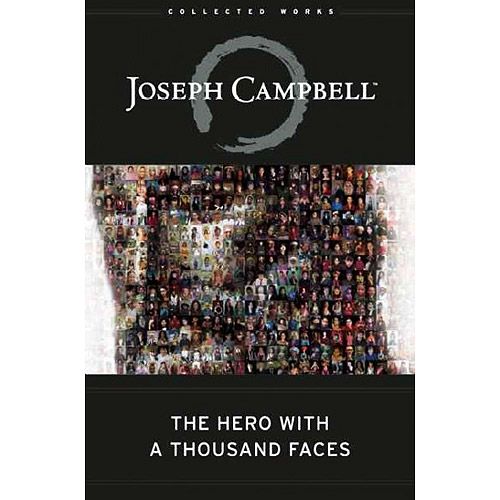

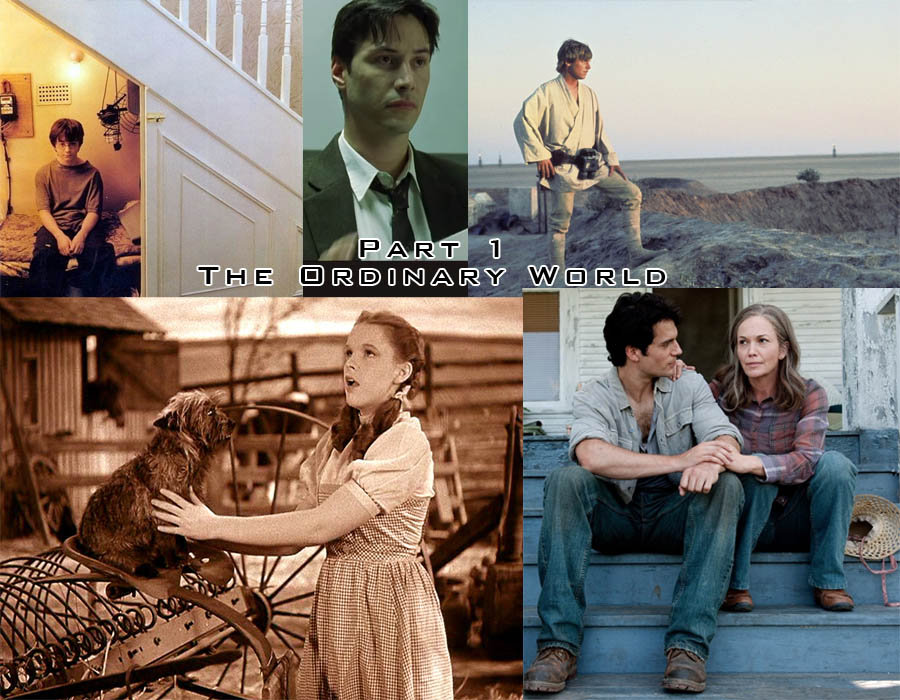

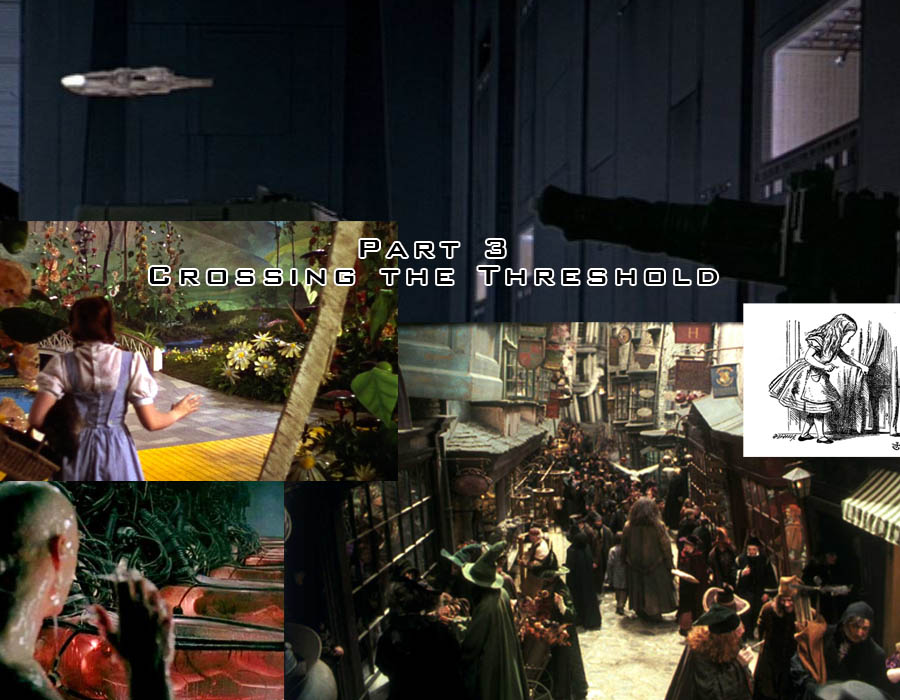
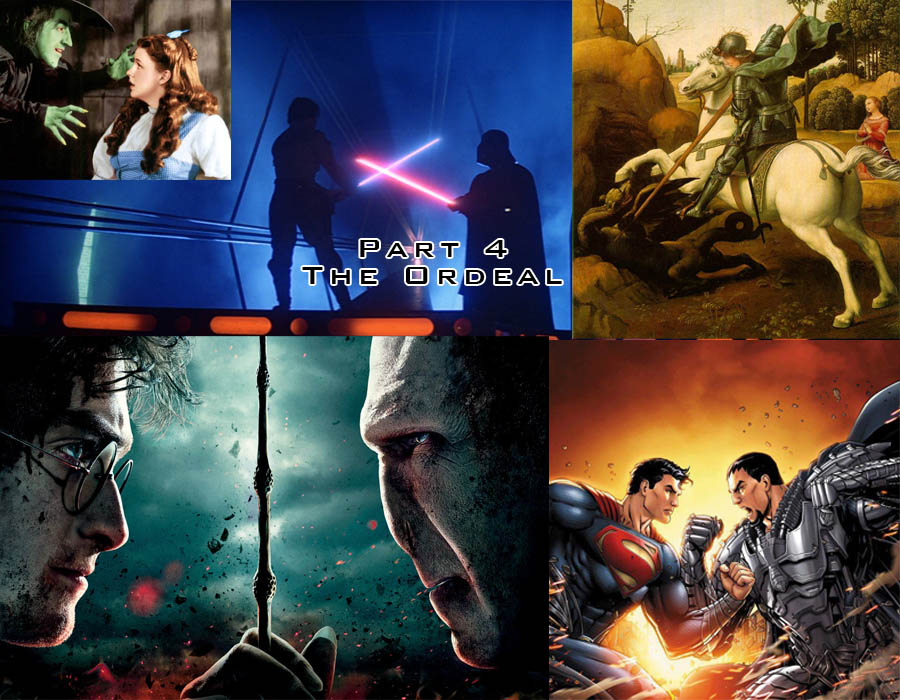
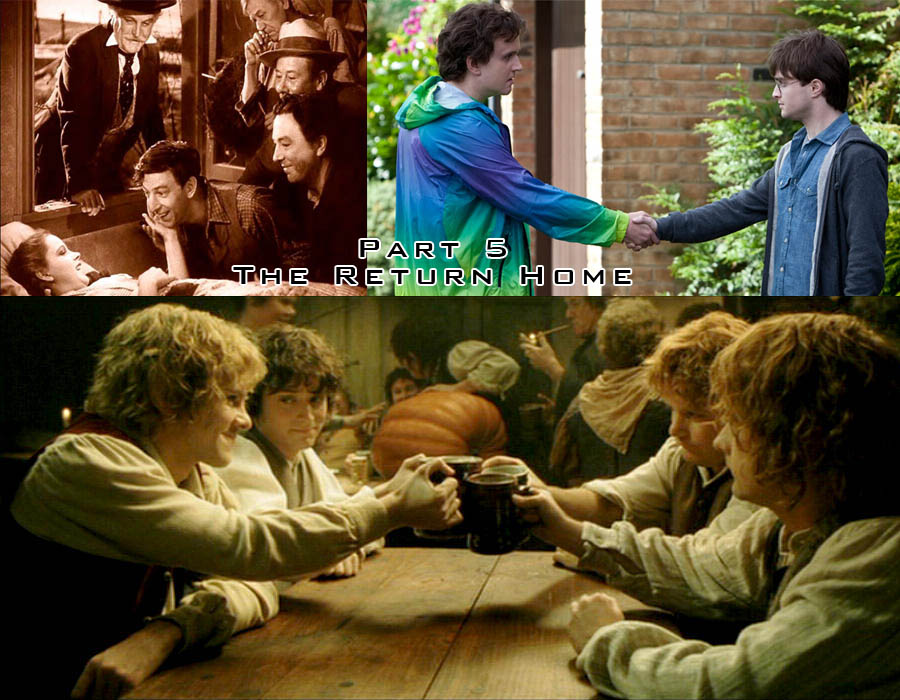


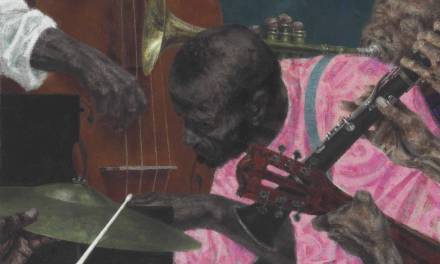
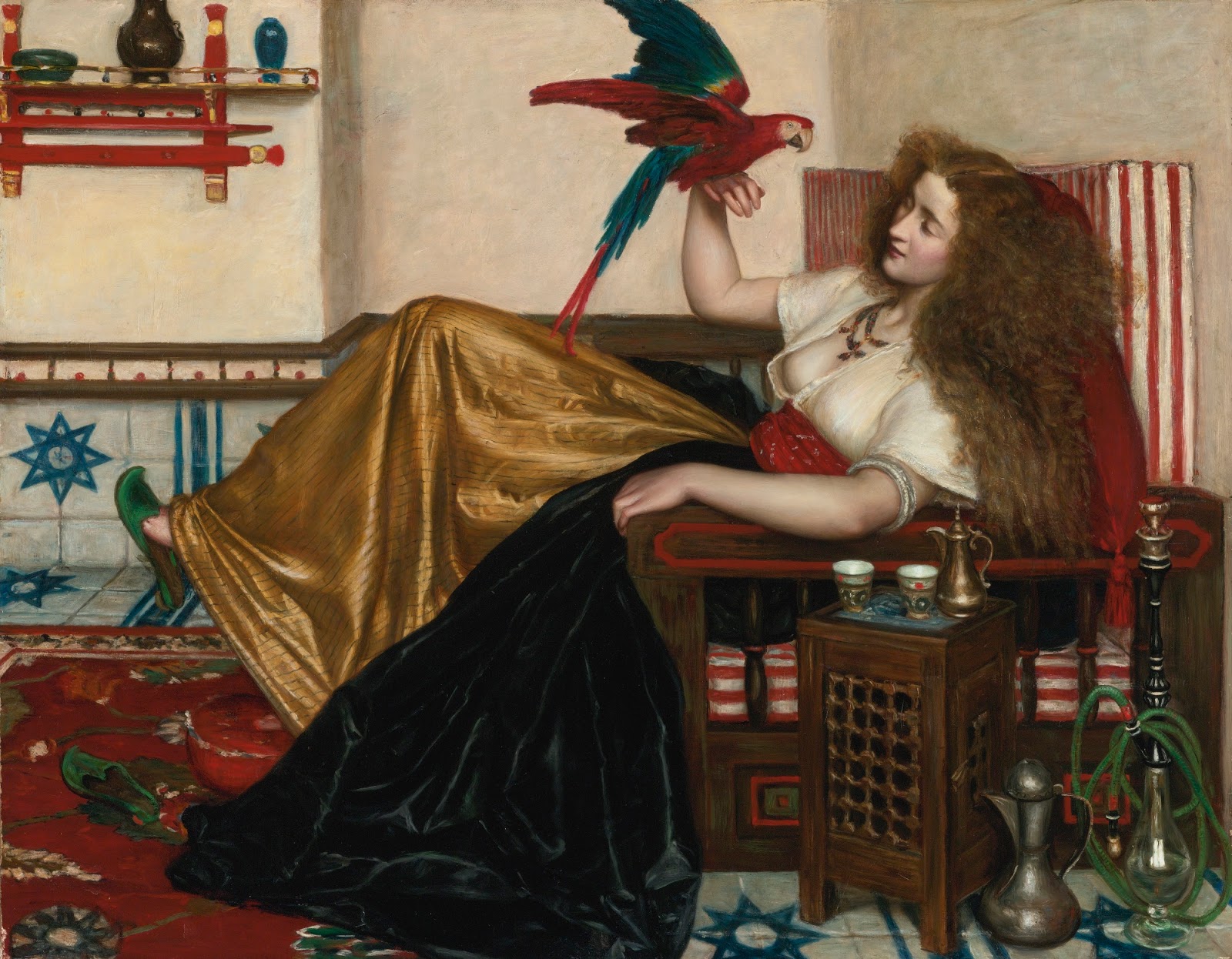
Nice post William!
Yes! The power of Myth. Joseph Campbell has always been my favorite. Thanks for bringing us back to revisit who he was and who we are. Well done.
Amazing and really interesting post.
It's always a good thing read something about Myth and how they are made.
I'm actually reading this now, and this was a great post! Having the overall context helps me grok things faster. Those videos are gems, thank you.
Campbell has some interesting insights into myth, but largely his approach isn't sound. You won't find Campbell taught as fact at universities in religion, psychology, anthropology or history courses, and that's because there are extremely few academics now who think his ideas represent myth properly.
Campbell's message lives on primarily because of its spiritual messages and themes, rather than because he provided sufficient evidence that his universalist conception of myth is accurate. His questionable methodology and “proficiency” in languages, as well as his odd extrapolation of dubious Jungian psychoanalytic concepts are some of the indicators of this shortcoming.
Much of the Monomyth and related ideas are based on a curious selection of now dated anthropology and psychoanalytic theory. The Hero of a Thousand Faces itself dates from 1949. This is a long time ago. Anthropology, psychology and whatever related disciplines have all advanced tremendously in the last seventy-odd years and they don't really support Campbell's ideas now, and indeed may never have.
If you accept Campbell's premise that all stories sport the same structure or meanings then there is a strong tendency for that view to become self-fulfilling. For makers of pop culture – us – we will, and do, all suffer as a result. Campbell's ideas, or at least the way they have been implemented, have their part to play in the banality of contemporary Hollywood, as well as games, comics and other media. Have we not had enough of this yet?
Why is it that the vast majority of us laymen head to Campbell for their insights on myth? It's because Campbell is virtually the only specialist in this subject to receive attention outside academia. There are countless other academics and experts that have come to different positions on mythology, but most people simply have no knowledge of them at all. This is no real fault of their own. But we could all benefit here from a keener curiosity of other perspectives, and thankfully, many of these experts have also written works for the layman.
Reading Campbell exclusively isn't reading broadly, and when you're not reading broadly, you can't possibly gain a rounded understanding. Read Campbell if you must, just don't accept that his word is final.
Who are the other resources I can read on this then? If love to know.
Hi Justin, I can recommend:
A Short History of Myth, Karen Armstrong
Theories of Mythology, Eric Csapo
Introduction to Mythology, Eva M. Thury and Margaret K. Devinney
Armstrong's book is a solid primer, while the last two are more academic, but get into great detail about multiple approaches to mythology 🙂
Hi Justin, I can recommend:
A Short History of Myth, Karen Armstrong
Theories of Mythology, Eric Csapo
Introduction to Mythology, Eva M. Thury and Margaret K. Devinney
Armstrong's book is a solid primer, while the last two are more academic, but get into great detail about multiple approaches to mythology 🙂
Hi Justin, I can recommend:
A Short History of Myth, Karen Armstrong
Theories of Mythology, Eric Csapo
Introduction to Mythology, Eva M. Thury and Margaret K. Devinney
Armstrong's book is a solid primer, while the last two are more academic, but get into great detail about multiple approaches to mythology 🙂